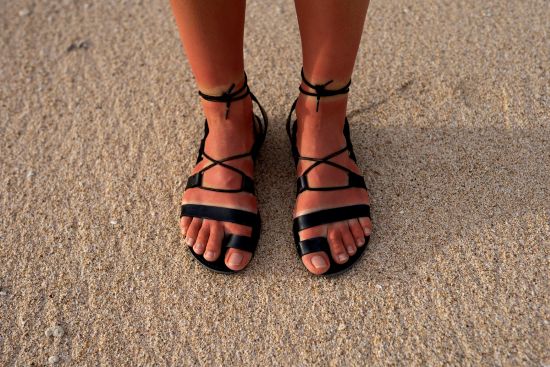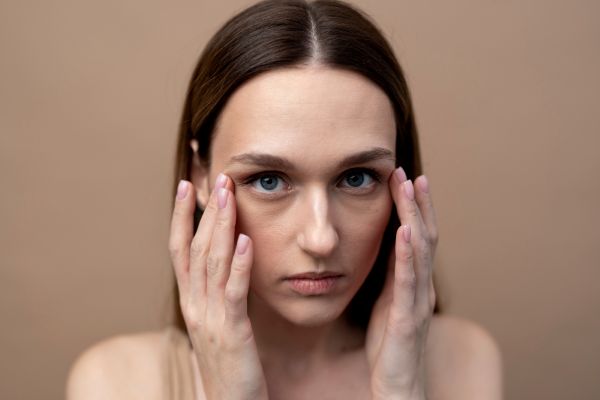Acne is one of the most common skin conditions, affecting people of all ages—from teens to adults. While treatment options have advanced significantly, myths and misinformation about acne continue to spread widely. Believing the wrong things can delay healing or even make acne worse.
In this post, Our Chief Dermatologist Dr.Keerthana Kalva breaks down common acne myths, uncovers the truths backed by dermatological science, and will guide you on what really works for clear, healthy skin.
Myth #1: Acne is caused by poor hygiene
- Excess oil production
- Dead skin cells clogging pores
- Bacteria (specifically Cutibacterium acnes)
- Inflammation
Myth #2: Chocolate and greasy food cause acne
What to do:Maintain a balanced, low-glycemic diet rich in vegetables, fruits, whole grains, and omega-3 fatty acids. If you suspect food triggers, consider keeping a food and breakout diary and consult a dermatologist or dietitian.
Myth #3: Sun exposure clears acne
What to do:Use a non-comedogenic, broad-spectrum sunscreen daily. Look for formulas with zinc oxide or titanium dioxide for sensitive or acne-prone skin.
Myth #4: Makeup causes acne
What to do: Choose makeup labeled "non-comedogenic," "oil-free," or "won’t clog pores." Always remove makeup before bed using a gentle cleanser or micellar water.
Myth #5: Drying out your acne helps it heal
What to do: Hydrate your skin with a light, non-comedogenic moisturizer even if you have oily skin. Acne-prone skin still needs moisture to stay healthy and balanced.
Myth #6: Only teenagers get acne
- Hormonal changes
- Stress
- Skincare and cosmetic products
- Diet and lifestyle
What to do: Don’t dismiss adult breakouts. Seek a dermatologist’s advice for treatments tailored to adult skin, such as topical retinoids, hormonal therapy, or chemical peels.
Myth #7: Popping pimples makes them go away
What to do: Leave extraction to professionals. Use acne treatments like benzoyl peroxide or salicylic acid, or consult your dermatologist for more advanced options like cortisone injections or light therapy.
What Really Works?
- Topical retinoids (like adapalene)
- Benzoyl peroxide for bacteria
- Salicylic acid to unclog pores
- Oral treatments (antibiotics or hormonal therapy)
- Professional treatments: chemical peels, laser therapy, light therapy
When it comes to acne, separating myths from facts is crucial. Acne is a complex condition that varies from person to person. What works for one individual may not work for another. If your acne is persistent, painful, or affecting your confidence, don’t wait—consult a dermatologist. The earlier you start professional treatment, the lower the risk of long-term skin damage or scarring.
Need help managing acne?
Inform clinic offers personalized treatment plans using the latest evidence-based therapies. Book a consultation today and take the first step toward clearer, healthier skin.Our best dermatologist in hyderabad create personalized acne treatment plans tailored to your skin type and goals.
Book a Consultation






